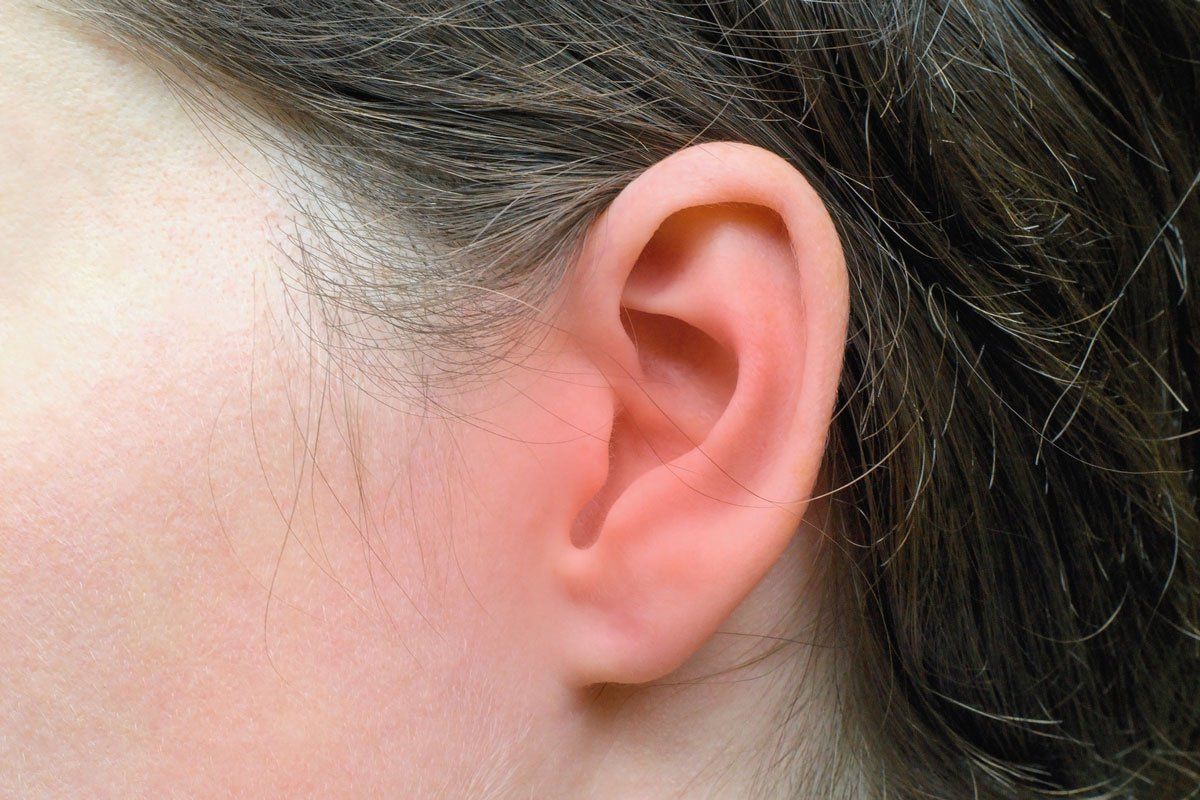5 Key Points About Sinusitis
1. Causes
Sinusitis broadly describes an inflammation of the sinuses - those enclosed spaces within your nose, cheeks, and forehead. When these spaces become inflamed, the swelling can interfere with nasal air intake and the release of mucus, causing the spaces to fill up with fluid instead of air.
Most sinusitis occurs as the result of an infection. Germs can become trapped within the sinuses due to allergy attacks, the common cold, a deviated septum (which can obstruct your nostrils), or abnormal growths in the sinuses known as nasal polyps. Immune system problems can also make you more vulnerable to sinusitis.
2. Symptoms
The tissue swelling of sinusitis typically causes a stuffy nose that impairs your senses of taste and smell as well as your breathing. At the same time, your nose may also run with a thick fluid discharge. Some of this fluid may drip down your throat instead. This post-nasal drip can lead to a sore throat, bad breath, and coughing fits.
Sinusitis pressure also causes pain. Many sufferers experience headaches along with pain or a feeling of pressure in the cheeks, nose, or eyes. You may even develop an earache or pain in your jaw and teeth. Acute symptoms usually resolve within a few weeks, with symptoms that last for more than 12 weeks indicating chronic sinusitis.
3. Complications
Chronic sinusitis can produce some undesirable complications if you allow it to go untreated. Although most cases resolve on their own without damaging surrounding structures, in rare cases a sinus infection can migrate to an eye socket (potentially threatening vision), bones, skin, or spinal fluid.
Additionally, complications from sinusitis may cause other symptoms. If your symptoms get worse or don't improve after ten days, have an ENT (ear, nose, and throat doctor) check your condition. If you experience mental confusion, double vision, fever, neck stiffness, or redness and swelling around your eyes, seek immediate evaluation and treatment.
4. Treatment
Treatment for sinusitis depends on the underlying cause. Your ENT will ask you about any known risk factors you may have, including previously diagnosed nasal problems, allergies, chemical sensitivities, immune system disorders, asthma, or dental infections that may have raised your risk.
Acute sinusitis should resolve shortly after the underlying irritant or illness has run its course. But if you have a nagging bacterial infection, you may need to take antibiotics. Your ENT can also recommend soothing remedies such as warm facial compresses and anti-inflammatory pain relievers.
Chronic sinusitis that stems from a structural issue inside the sinus passages may require corrective surgery. For example, your ENT may recommend that you have a deviated septum straightened to permit better mucus flow. You may also need medication or surgery to remove any nasal polyps that cause or aggravate sinusitis.
5. Prevention
You don't have to wait for a sinusitis attack to take action against this condition. To keep germs and other irritants away from your sinuses, wash your hands frequently, steer clear of people with colds or bacterial infections, avoid allergens and respiratory irritants, and moisten dry indoor air with a humidifier.
If you suffer from a nagging case of sinusitis, consult the experts at Wilmington Ear Nose & Throat Associates, P.A. We can evaluate your condition, determine the cause of your symptoms, and administer any necessary care to return your sinus function to normal. Contact either of our
locations today.







